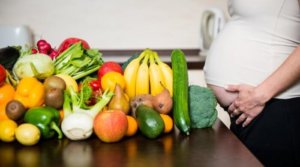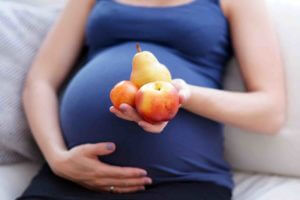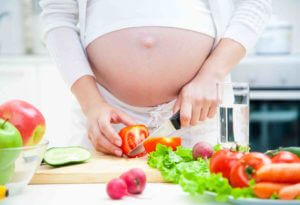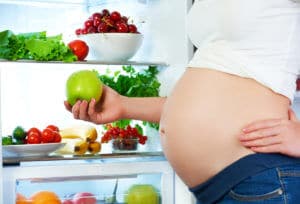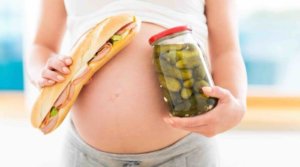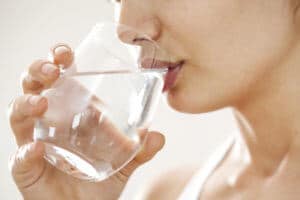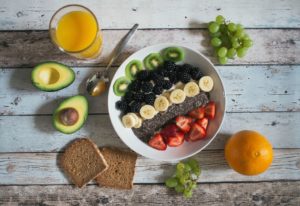Coffee is part of everyday life for many women. But in coffee is caffeine and is a stimulant that can cause serious damage to fetal development if the daily dose is too large. If a pregnant woman drinks more than 200 mg of coffee a day during pregnancy, the risk of miscarriage increases.
However, pregnant women do not have to completely give up their morning coffee because of this. It is important that pregnant women do not consume more than 200 mg of caffeine per day. Chocolate, teas, and energy drinks also contain caffeine, which must be taken into account.
Also interesting:
Table of contents
Coffee In Pregnancy: Pay Attention To Dosage
Just because you are pregnant, you do not have to completely give up caffeine during pregnancy. However, if you drank more than 200 mg of caffeine daily until pregnancy, you should definitely reduce the amount. Two cups of instant coffee are equivalent to 200 mg of caffeine. Especially coffee from fully automatic coffee machines are usually stronger.
If you drink more than this amount during pregnancy, the risk of miscarriage increases, and your baby may also have a low birth weight, which can cause health problems later on. Therefore, try not to exceed your caffeine in pregnancy of 200 mg. This will reduce the risk.
Coffee In Pregnancy: Caffeine Not Only In Coffee
Caffeine is not only found in coffee, but also in tea, including green tea, cola, in many energy drinks as well as chocolate. Therefore, when calculating also make sure that you also consume caffeine through these foods or drinks. It is advisable to completely avoid energy drinks with caffeine during pregnancy.
- 1 cup of instant coffee = 100 mg
- 1 cup of filter coffee = 140 mg
- 1 cup of tea = 75 mg
- 1 cup of green tea = 50 mg
- 1 can of cola = 40 mg
- 1 can of energy drink = 80 mg
- 1 small bar of plain chocolate = 50 mg
- 1 small bar of milk chocolate = 25 mg
Also keep in mind that espresso or coffee, as well as cappuccino or latte, the caffeine content can vary depending on the company. An espresso can contain anywhere from 50 to 300 mg of caffeine. Herbal tea also contains caffeine. Therefore, read the ingredient statements. Also, be aware that some herbs cannot be safely consumed during pregnancy. Certain medicines, such as headache tablets or wake-up pills from the pharmacy, also contain caffeine. Get detailed advice and always say that you are pregnant.
Also interesting:
- Exciting climbing frames for children
- Recommended Trolls figures
- Practical leaf sweeper for the garden
Coffee During Pregnancy: The Effect Of Caffeine In The Body
Caffeine is a stimulant. With caffeine, the heart rate and metabolism are stimulated. Caffeine makes you feel perky. This is also how it affects your baby. If you drink coffee, it is likely to feel restless. One or two cups of coffee a day will not harm your baby. The amount can be compared to a hurried sprint to the bus. It briefly increases the heart rate and also stimulates the metabolism. In addition, caffeine is not addictive.
However, those who drink a lot of coffee and tea may feel that they absolutely need coffee to get through the day at all. In addition, a large amount of it also has a diuretic effect. A lot of caffeine in the body also often leads to not being able to find sleep or having a headache once the body runs out of caffeine. It is best to drink your coffee or tea between your meals. This is because both tea and coffee reduce the absorption of iron from non-meat foods.
Caffeine During Pregnancy: Avoiding It Altogether
Some women want to completely stop or reduce their consumption of caffeine during pregnancy. In some cases, the desire for coffee or other caffeinated beverages decreases on its own due to the changes in taste buds during the first trimester of pregnancy.
However, if you enjoy drinking coffee in the morning or at work, you don’t have to give it up completely. Unlike filter coffee, instant coffee has less caffeine and is therefore especially recommended during pregnancy. Reduce the number of teaspoons a little more, so you also consume less caffeine. To reduce the caffeine content in the tea, the bag can be removed from the water after just one minute instead of the recommended five minutes.
This reduces the caffeine content by almost half. Decaffeinated beverages such as cola, coffee, and tea are also a good way to cut down on caffeine during pregnancy. Discontinue caffeine overnight, and have drunk a lot of it until pregnancy can cause headaches, fatigue, weakness, and sluggishness in the first few days. So that these symptoms do not immediately overwhelm you all, you should slowly tone down the consumption. For example, drink half a cup less each day. If you still have problems, it may help to top up with decaffeinated coffee.



